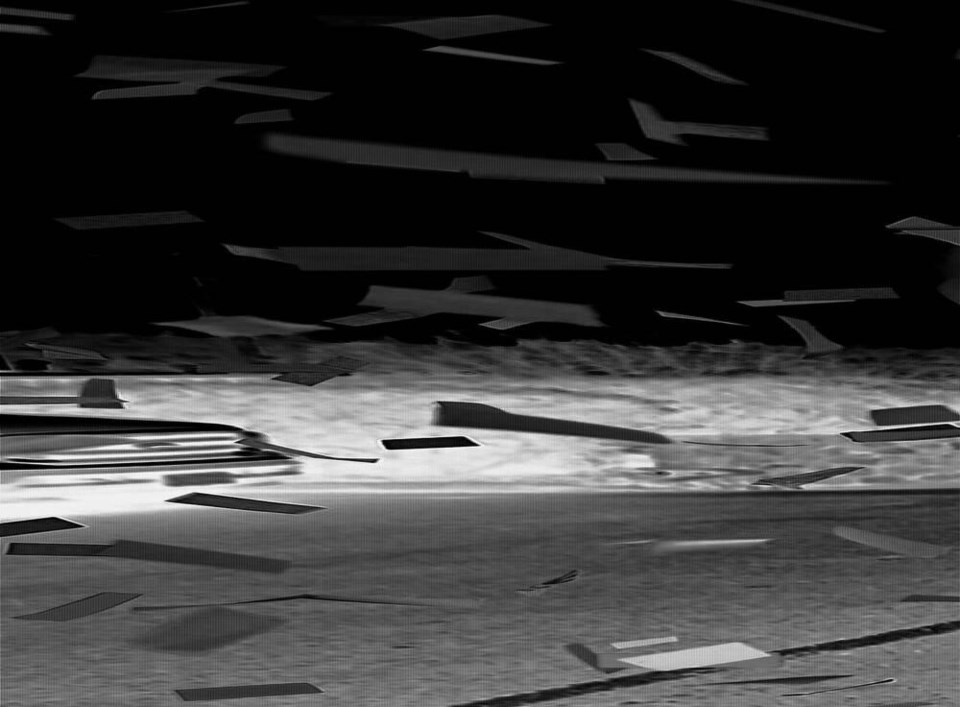I am exploring my “scriptural text” from the Word Wide Fund for Nature’s 2014 Living Planet Report that was the basis of my homily for the First Unitarian Church back in April. The report stated: “Ecosystems sustain societies that create economies. It does not work the other way around.”
Many of our problems, I believe, stem from a misaligned set of values that are unfit for the 21st century challenges we face. Those values relate to the three realms included in my chosen text: The Earth (ecosystems), society and the economy, and how we prioritize among them. Two weeks ago, I discussed our need to develop a reverence for the Earth and all it contains, an awareness of a connection to nature that is, at its heart, spiritual.
The second realm from my bit of scripture is society, and thus about our relationship with each other. In recent decades, we have seen society and community de-valued and undermined by a radical neoliberal philosophy that prioritizes the individual over society and community; promotes the pursuit of self-interest and greed over the common interest, which it devalues; worships profit and wealth above all else; and sees government as a problem that gets in the way of private wealth accumulation.
I was born in 1948, the same year that the National Health Service was established in the U.K. The years that followed, the years in which I grew up and went to medical school, were a time of public investment in housing, education and social welfare. But with the advent of Margaret Thatcher and Ronald Reagan and the triumph of neo-liberal values, much of that has been torn down.
In the pursuit of lower taxes, smaller government and increased private wealth, we have abandoned social housing and cut back on education funding (ask yourself why schools are scrambling to fund arts and music, why university departments of humanities are struggling to survive). We have reduced unionization, kept wages and social welfare low, and pared back benefits. Among other things we have seen the re-appearance of food banks and homeless encampments. Is the average person better off for these changes?
On top of all that, we have become a much more atomised, alienated and lonely society; in fact, loneliness is now recognised as a significant and growing public health problem! This is not only because of the emphasis on individual responsibility (which absolves the government and the corporations of responsibility), but also because of the insidious impact of what I have started to call the ‘anti-social media’ that have come to dominate so much of our lives.
Yet humans are perhaps above all else a social species. So the second set of transformed values I propose is the need for what the Great Transition Initiative calls “solidarity,” a re-awakening of our sense of kinship with and shared responsibility for our fellow humans, of a sense of community.
We need to value society and community, not necessarily above the individual but equally, seeking a better balance between individual and shared rights and responsibilities. Related to this, we need to value the common good — including in particular the common good of future generations — over the pursuit of short-term self-interest at the expense of others.
A recent letter to this newspaper from David Conway expressed the same point at the national and international level. He was objecting to what is in essence a very whiny and selfish view; that Canada is so small that what we do does not matter — so let’s keep on expanding fossil fuels, driving big cars and so on. “I still believe that taking individual responsibility for doing my bit to shoulder the load is the right thing to do,” he wrote. And he challenged us: “Do we still believe the same goes for our national responsibility to make the world a safer and more stable place?”
Moreover, as part of valuing our relationships with each other, we need to recognize the role of government as an agent for the common good, and particularly see its role to protect and promote interests of the disadvantaged and the vulnerable, both in Canada and around the world, now and into the future.
Dr. Trevor Hancock is a retired professor and senior scholar at the University of Victoria’s School of Public Health and Social Policy.
>>> To comment on this article, write a letter to the editor: [email protected]



